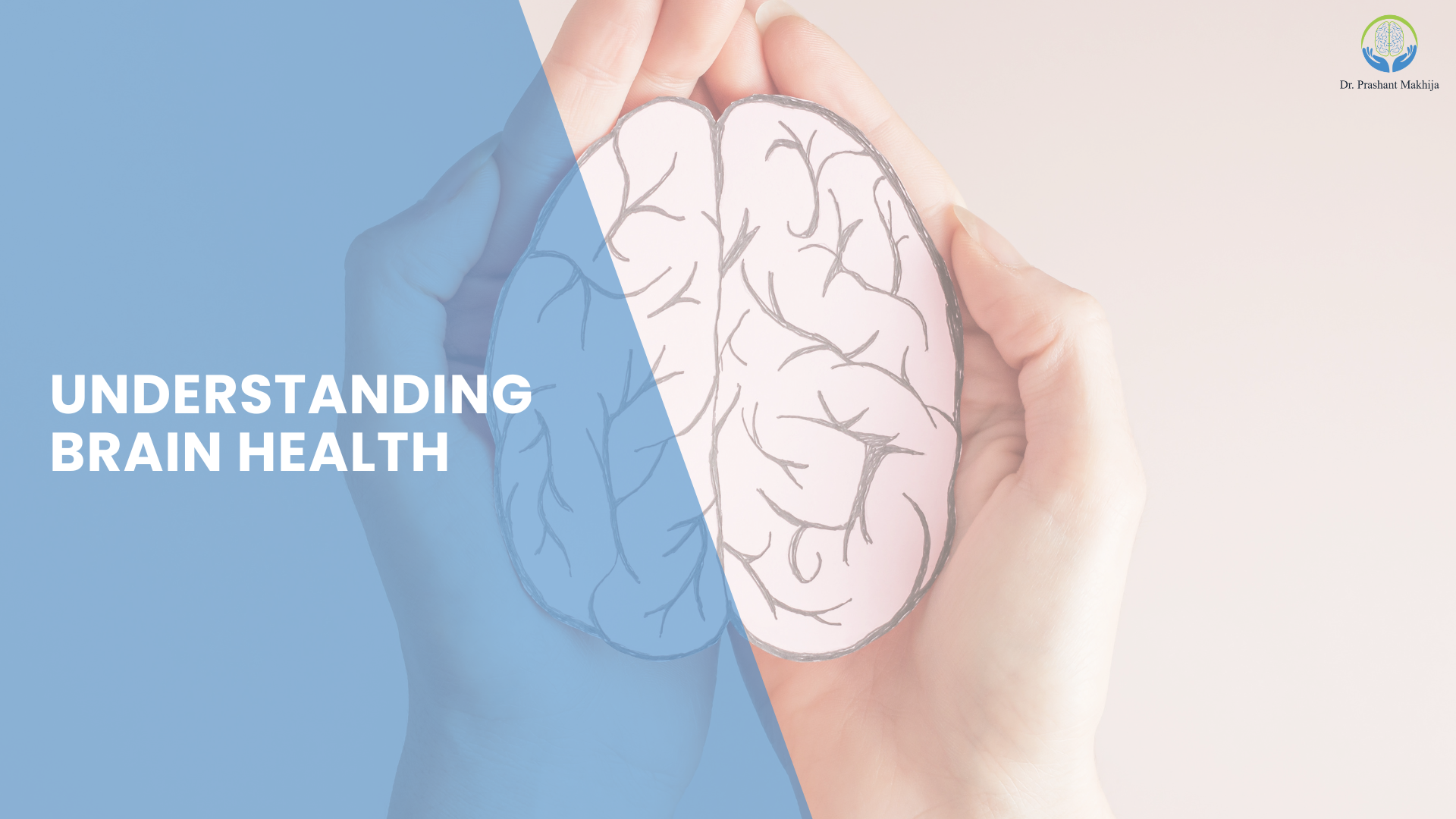As a neurologist with years of experience studying the most complex organ in the human body, I’m often asked what we can do to maintain optimal brain health. While genetics play a significant role, our daily choices have a profound impact on our neurological well-being. Let me share some insights that might change how you think about your brain health.
The Brain’s Remarkable Plasticity
One of the most fascinating aspects of the brain is its neuroplasticity – the ability to form new neural connections throughout life. This isn’t just academic jargon; it’s your brain’s superpower. Every time you learn a new skill, memorize information, or adapt to a new situation, your brain physically rewires itself. This process continues well into old age, contrary to what we once believed.
Sleep: The Silent Healer
Many of my patients are surprised when I emphasize sleep as much as I do medications. During sleep, your brain activates its glymphatic system – a recently discovered waste clearance mechanism that removes potentially harmful proteins, including those associated with neurodegenerative diseases. Think of it as your brain’s nightly cleaning service. Quality sleep isn’t a luxury; it’s a biological necessity.
The Exercise-Brain Connection
Physical exercise isn’t just for your body. Regular aerobic activity increases blood flow to the brain, stimulates the production of brain-derived neurotrophic factor (BDNF) – often called “miracle-gro” for your brain cells – and can even increase the size of the hippocampus, crucial for memory formation. A brisk 30-minute walk five times a week can make a significant difference.
Nutrition’s Neural Impact
Your brain consumes about 20% of your body’s energy, despite being only 2% of your body weight. The Mediterranean diet, rich in omega-3 fatty acids, antioxidants, and anti-inflammatory compounds, has shown promising results in maintaining cognitive function. Consider your food choices as direct investments in your brain’s infrastructure.
Cognitive Reserve: Building Your Brain’s Resilience
I often explain to patients the concept of cognitive reserve – your brain’s ability to compensate for damage or decline. Building this reserve through lifelong learning, social engagement, and mental stimulation is like creating a neural safety net. Learn a new language, master a musical instrument, or engage in challenging puzzles – these activities aren’t just hobbies; they’re brain-strengthening exercises.
The Social Brain
Human connection isn’t just good for your emotional well-being; it’s crucial for brain health. Social interaction engages multiple cognitive processes, from language processing to emotional regulation. Loneliness and social isolation are increasingly recognized as risk factors for cognitive decline.
Remember, brain health isn’t about following a rigid protocol but about making informed choices in our daily lives. The brain’s complexity is matched only by its adaptability, and small, consistent changes can have lasting impacts on your cognitive health. Start today – your future self will thank you for it.
While we continue to make exciting discoveries in neurology, these fundamental principles of brain health remain constant. By understanding and applying them, you’re not just maintaining your brain; you’re investing in your quality of life for years to come.




